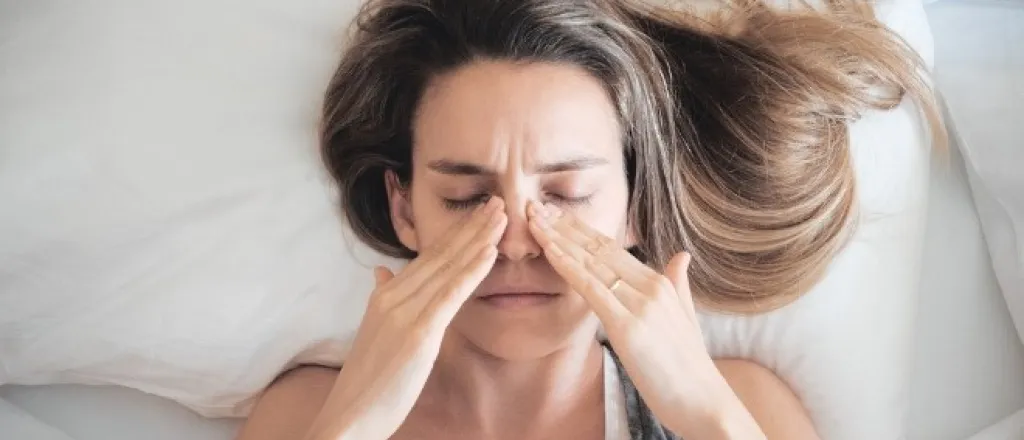
Spring allergies and fatigue: are they connected?
While the change of seasons is exciting, this is also a notorious time for “brain fog.” In fact, 80% of people believe they feel tired because of their allergy symptoms. If you’re experiencing tiredness in addition to a plethora of other irritating symptoms, rest assured that you’re not imagining it—and you’re not the only one. Let’s uncover the fascinating connection between spring allergies and fatigue.
Why Do Allergies Make Us Feel Tired?
No doubt, constant sneezing, itchy eyes, a runny nose, and other annoying symptoms will interrupt your sleep, causing you to feel a little hazy. Some people may not even realize their allergies are affecting their quality of sleep!
According to Forbes, the groggy feeling that accompanies your allergies has a source—an allergic reaction will release chemicals (or histamines) that affect your nasal tissues, and this congestion can easily make you feel exhausted. After all, your body’s immune system is working hard to fight off whatever is causing your reactions.
What Am I Allergic To?
If you currently don’t have any answers to why you’re feeling so sleepy and sniffly, consider allergy blood testing. You can also think about getting a patch test, which is most effective for detecting allergies to airborne substances such as dust, mold, pet hair, and pollen. Once you know the allergens that are causing you trouble, you can begin to avoid them.
What You Can Do About Your Allergies
Clearly, spring allergies and fatigue don’t mix; however, the good news is that you don’t have to feel sluggish from your allergies. There are plenty of remedies you can try to lessen the likelihood of experiencing symptoms. One simple way to treat your allergies is by keeping everything clean. Pollen traps itself in your clothes and hair, so be sure to wash your bedding, body, and clothes frequently. Preventing your contact with allergens is a surefire way to avoid fatigue.
If avoidance isn’t necessarily an option for you, try allergy shots or medication. However, keep in mind that how you treat your allergies plays a huge role in how you’ll feel. For instance, the side effects of allergy medications can sometimes make matters worse; some antihistamines, such as Benadryl, can cause drowsiness. Fortunately, there are now non-sedating antihistamines available, including Allegra, Claritin, and Zyrtec. There’s a wide variety of allergy medications, and they all work differently—be sure you choose the one that works best for you.
In addition to pills and treatments, nasal corticosteroids (or nasal sprays) can also be effective, particularly if you mostly experience nasal congestion. If you use one, you’re certain to have a better night’s sleep and feel rejuvenated each morning. If you’d like, you can also try an alternative, drug-free remedy, such as nasal irrigation (a neti pot) or supplements. Local honey, probiotics, and vitamins C and D are all known to strengthen your immune system and soothe allergies.
















